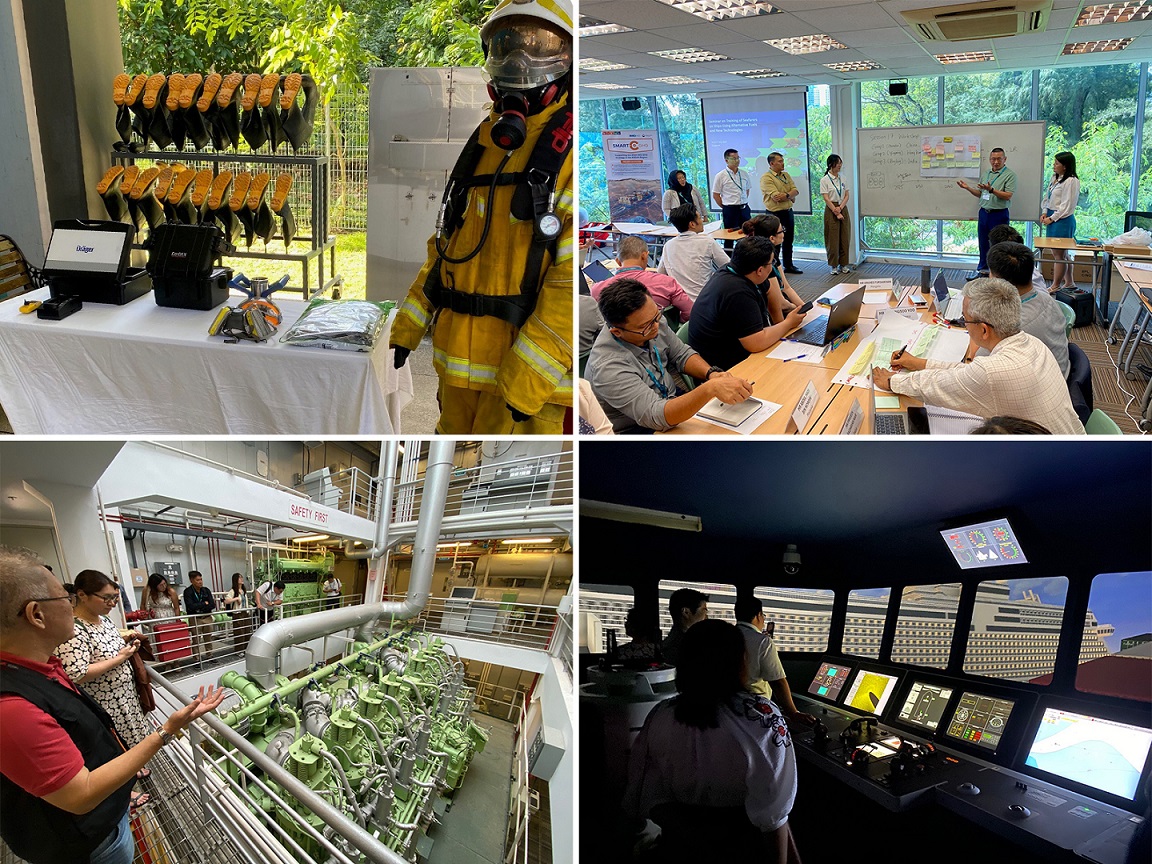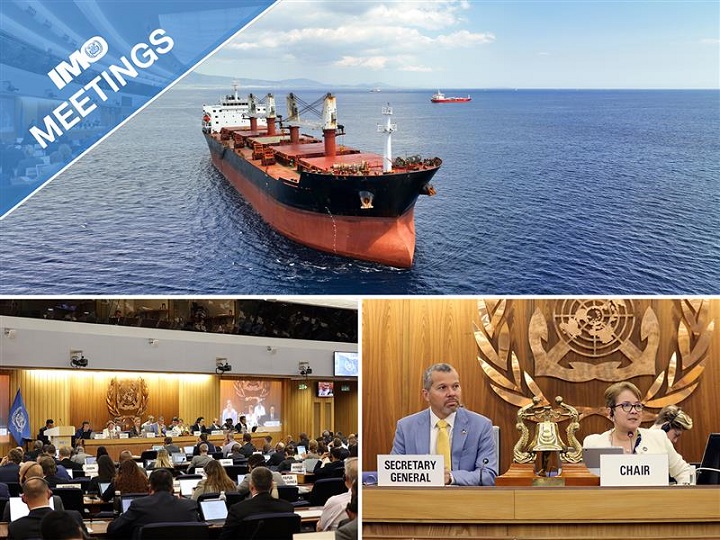Building sustainable maritime systems through global collaboration

Delegates attending IMO's Technical Cooperation Committee (TC 75) had the opportunity during a one day Thematic Exchange Day (5 June) to engage in open conversations around the actions necessary to facilitate a more effective and open approach to maritime development.
IMO's Technical Cooperation and Implementation Division (TCID) works hand in hand with the Technical Cooperation Committee to promote a culture of collaboration and innovation to implement a range of activities and long-term projects to meet the 2030 Agenda for Sustainable Development. These projects are financed through IMO's Technical Cooperation Fund or funded by donations, including from individual Member States and international institutions.
The Thematic Exchange Day was organized around four core themes: safety, environment, security and facilitation, as well as a dedicated session on financing maritime development.
IMO Secretary-General Mr. Arsenio Dominguez opened the event, inviting interaction. "I encourage you to engage candidly, share lessons openly, and think creatively about how we can better serve our common goals, whether it is through more agile programmes, harmonized thematic frameworks, or inclusive financing mechanisms."
In IMO's main hall, a series of panels introduced the themes, outlined progress to date and showcased experiences from individual Member States which have benefitted from IMO assistance and capacity building. The linked exhibition allowed delegates to engage with IMO teams involved with initiatives and projects.
Throughout the Thematic Exchange Day, discussions reflected the diverse yet interconnected challenges and opportunities in strengthening maritime safety, security, environmental protection, and facilitation. Member States shared experiences in implementing technical cooperation initiatives, highlighting how tailored support, ranging from training and pilot projects to regional collaboration has contributed to building national capacity and enhancing compliance with IMO instruments.
A consistent theme across all sessions was the importance of aligning technical cooperation with national priorities, while also leveraging international frameworks and partnerships. Participants broadly recognized that capacity-building is most effective when grounded in practical needs, informed by audit findings or technical assessments, and designed with long-term sustainability in mind.
Speakers also underscored the critical role of cross-sectoral collaboration, continuous learning, and regional engagement in tackling complex maritime challenges. From strengthening governance frameworks to advancing development through national planning and strategic initiatives, the sessions demonstrated how targeted support and knowledge exchange can lead to meaningful, and lasting impact.
The conversations reaffirmed the value of IMO's technical cooperation support as a channel for delivering assistance, as well as a platform for fostering shared understanding and peer-to-peer learning.








